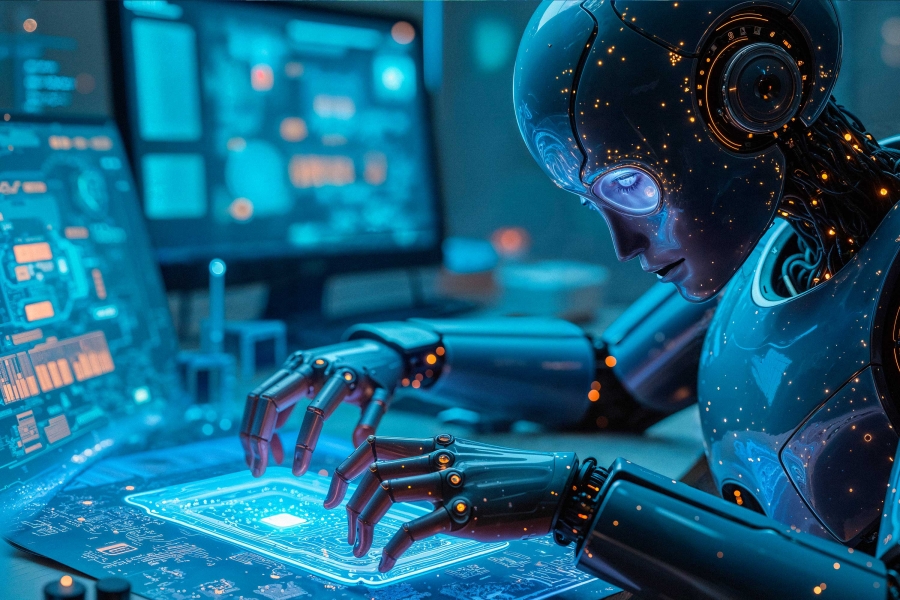
AI technology, especially language models like ChatGPT, is becoming increasingly sophisticated and simplifies many aspects of our lives. However, beneath all that convenience lies a serious warning from scientists: dependence on AI could make our brains dull. Ironically, at the same time, AI is getting smarter and increasingly mimics the way the human brain works.
A study from the Massachusetts Institute of Technology (MIT) demonstrated the negative impact of AI usage on the brain. In the research, a number of volunteers were asked to write an essay. Those who used ChatGPT showed significantly lower brain activity compared to those who wrote without assistance.
The study found that when we overly rely on AI for thinking or writing, our brains tend to become lazy. This lazy brain eventually loses a vital ability: critical thinking. Participants who used ChatGPT also felt that the essays they produced were not entirely their own and had difficulty recalling the content.
This proves that the convenience offered by AI comes with a high price. We risk losing the ability to evaluate information, generate ideas, and feel connected to our own work.
On the other hand, a separate study from Columbia University showed a contradictory phenomenon. Scientists found that as AI performance improves, the way AI processes language becomes increasingly similar to how the human brain functions. This means AI is not just learning from data but is also mimicking our brain's structure and function.
This finding is both astonishing and worrying. Imagine, as we become more dependent on AI and our thinking abilities diminish, AI is simultaneously becoming smarter and more like us. This creates a paradox: we are surrendering our thinking capability to AI, while AI uses that capability to become better and more similar to us.
These two studies illustrate a future that is both fascinating and challenging. AI will continue to develop, and our reliance on it may be unavoidable. However, we must be vigilant. We must not let the convenience of AI take over our brain's fundamental functions.
We should use AI as a tool, not as a second brain. AI can help find information or organize ideas, but the process of thinking, analyzing, and creating must remain ours. By doing so, we can ensure that we are not just utilizing AI, but also protecting the most valuable ability we possess.